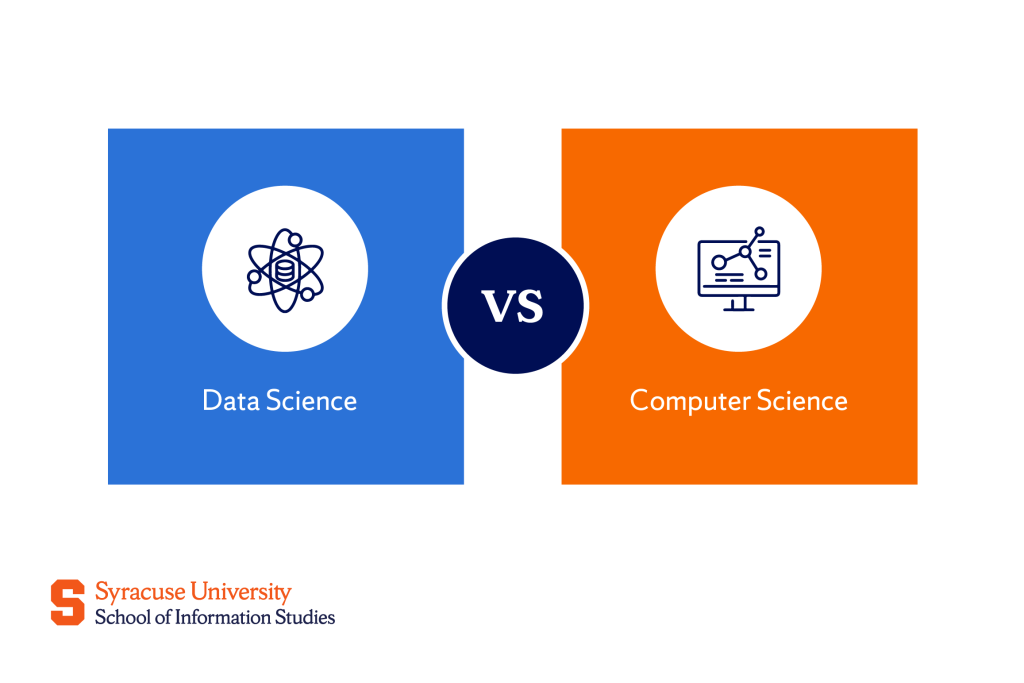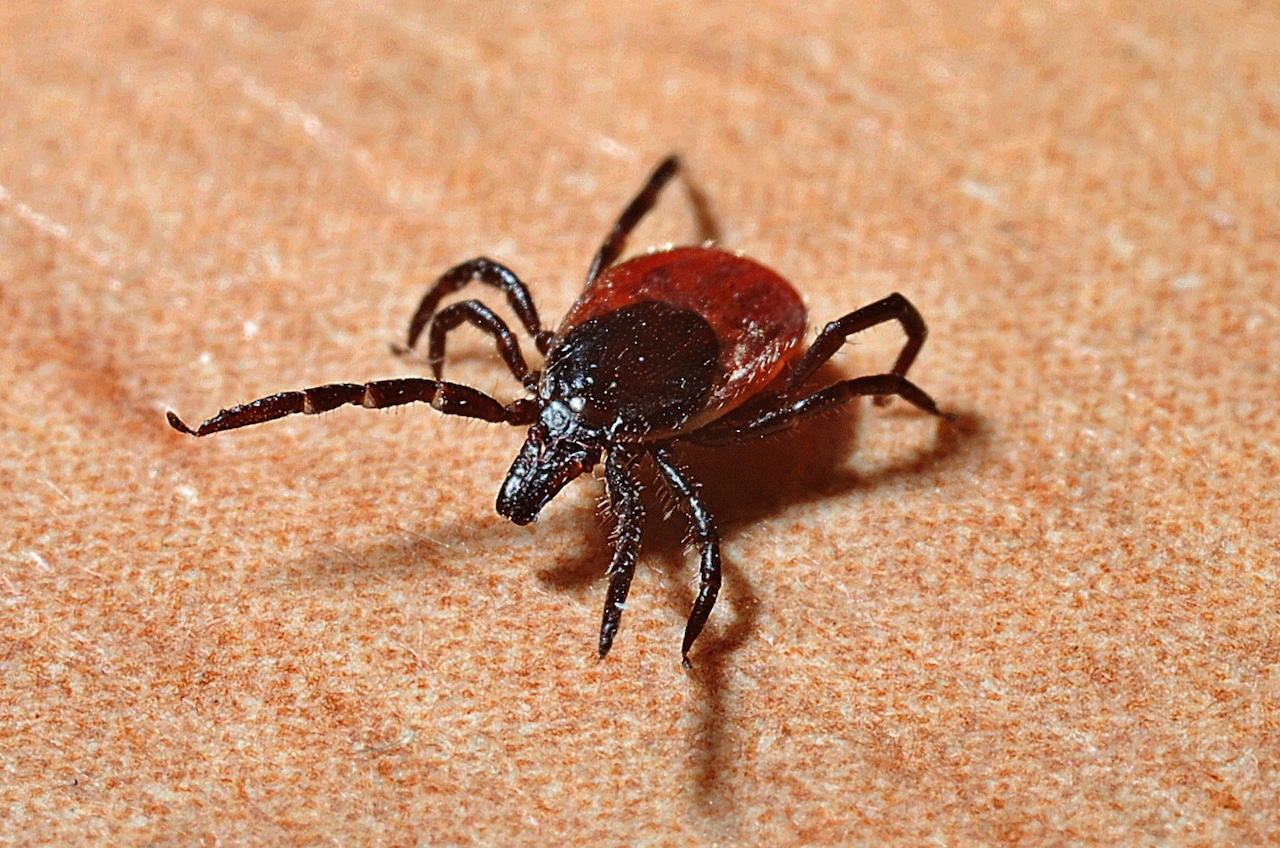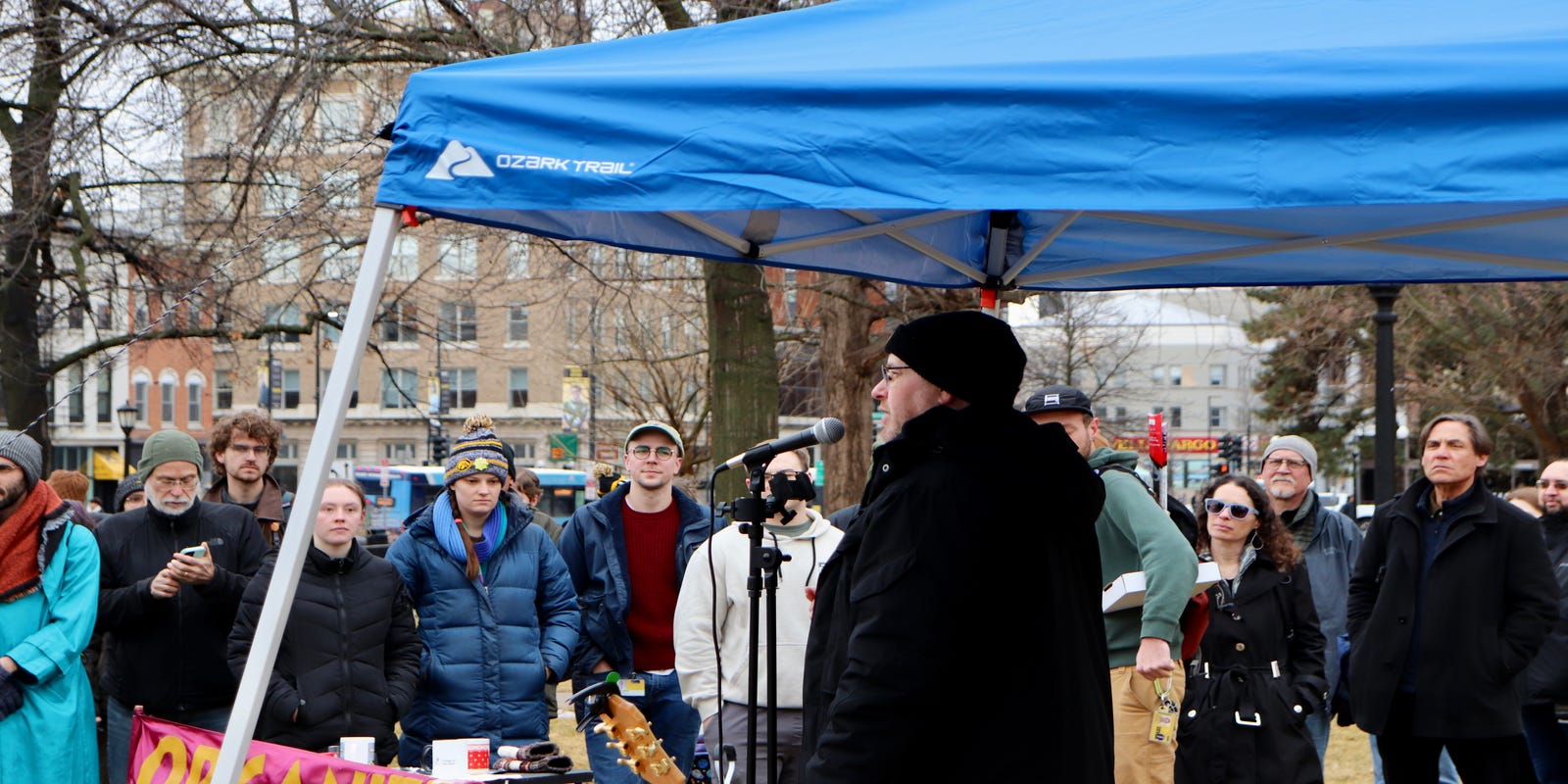Breaking Barriers: Indigenous Wisdom Transforms Community Research
Science
2025-05-02 12:00:00Content
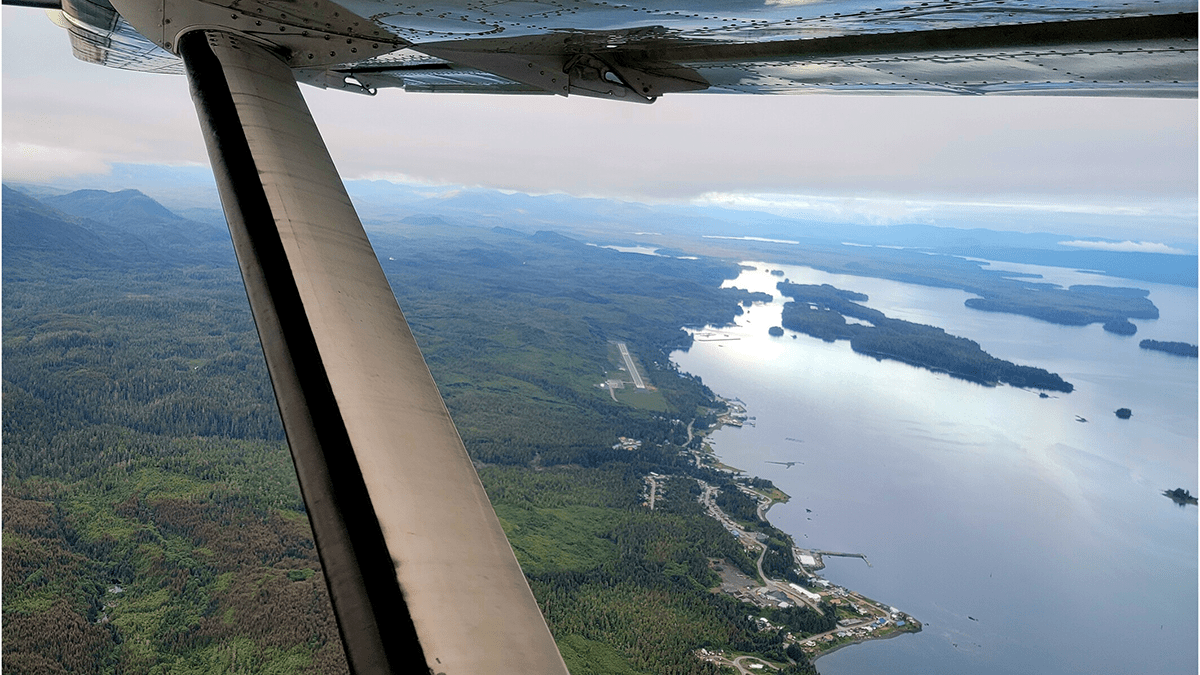
Bridging Science and Community: Lessons from Alaskan Collaborative Research
A groundbreaking pair of studies emerging from collaborative work in Kake, Alaska, is reshaping our understanding of community-driven scientific research, with particularly profound implications for Indigenous communities. These studies illuminate the power of co-production—a research approach that deeply integrates local knowledge, community perspectives, and scientific inquiry.
By centering the experiences and insights of the Kake community, researchers have demonstrated a transformative model of scientific collaboration that goes beyond traditional research methodologies. The work highlights how meaningful engagement and mutual respect can create more nuanced, contextually rich scientific understanding.
The studies not only provide valuable insights into climate-related research but also serve as a blueprint for more inclusive, participatory scientific practices. They underscore the importance of listening to and learning from local communities, especially those most directly impacted by environmental changes.
This approach represents more than just a methodological innovation—it's a fundamental reimagining of how scientific knowledge is generated, validated, and applied. By breaking down traditional barriers between researchers and community members, these studies offer a compelling vision of collaborative science that is more equitable, comprehensive, and ultimately more effective.
Bridging Science and Community: Transformative Research in Alaska's Indigenous Landscapes
In the rugged terrain of Alaska, where traditional knowledge intersects with modern scientific inquiry, groundbreaking research is reshaping our understanding of community-driven environmental studies. The collaborative efforts between researchers and Indigenous communities represent a paradigm shift in how scientific exploration can be conducted with respect, mutual understanding, and genuine partnership.Revolutionizing Community Science Through Authentic Collaboration
The Kake Community: A Model of Collaborative Research
The remote Alaskan community of Kake stands as a beacon of innovative scientific engagement, demonstrating how Indigenous wisdom and contemporary research methodologies can create profound insights into environmental challenges. Researchers have discovered that true scientific understanding emerges not from external observation, but from deep, meaningful interactions with local communities. Traditional scientific approaches often marginalized Indigenous perspectives, treating local knowledge as supplementary rather than fundamental. In Kake, this paradigm has been dramatically transformed. The community's intimate understanding of local ecosystems, passed down through generations, provides critical contextual information that quantitative data alone cannot capture.Methodological Innovations in Community-Based Research
The research approach developed in Kake represents a radical departure from conventional scientific methodologies. Instead of imposing external research frameworks, scientists worked alongside community members, creating a collaborative environment where local knowledge and scientific expertise are equally valued. This approach requires researchers to decenter themselves, acknowledging that Indigenous communities possess sophisticated environmental understanding developed through centuries of direct interaction with their landscapes. By creating genuine partnerships, researchers can access nuanced insights that would remain invisible through traditional research methods.Environmental Knowledge and Cultural Preservation
Beyond scientific data collection, these collaborative efforts serve a deeper purpose of cultural preservation and empowerment. Indigenous communities are not merely subjects of research but active co-creators of knowledge, maintaining their cultural integrity while contributing to broader scientific understanding. The research methodology developed in Kake provides a template for future interdisciplinary studies, demonstrating how respect, reciprocity, and genuine dialogue can transform scientific exploration. By centering Indigenous perspectives, researchers can develop more holistic, contextually rich understandings of complex environmental systems.Technological and Methodological Breakthroughs
Advanced technological tools are now being integrated with traditional ecological knowledge, creating unprecedented research opportunities. Satellite imagery, climate modeling, and community-based monitoring systems are being combined with generational wisdom, producing more comprehensive environmental assessments. This integrated approach allows for more nuanced climate change research, providing insights that transcend traditional disciplinary boundaries. By combining cutting-edge scientific techniques with deep local knowledge, researchers can develop more effective, culturally sensitive environmental strategies.Global Implications and Future Directions
The collaborative model emerging from Kake has significant implications far beyond Alaska. Indigenous communities worldwide possess invaluable environmental knowledge that can inform global scientific understanding, particularly in addressing complex challenges like climate change, biodiversity conservation, and sustainable resource management. As scientific institutions increasingly recognize the value of Indigenous knowledge, we can anticipate more collaborative research models that prioritize mutual respect, cultural sensitivity, and genuine knowledge exchange. The work in Kake represents not just a research methodology, but a profound philosophical shift in how we conceptualize scientific exploration.RELATED NEWS
Science
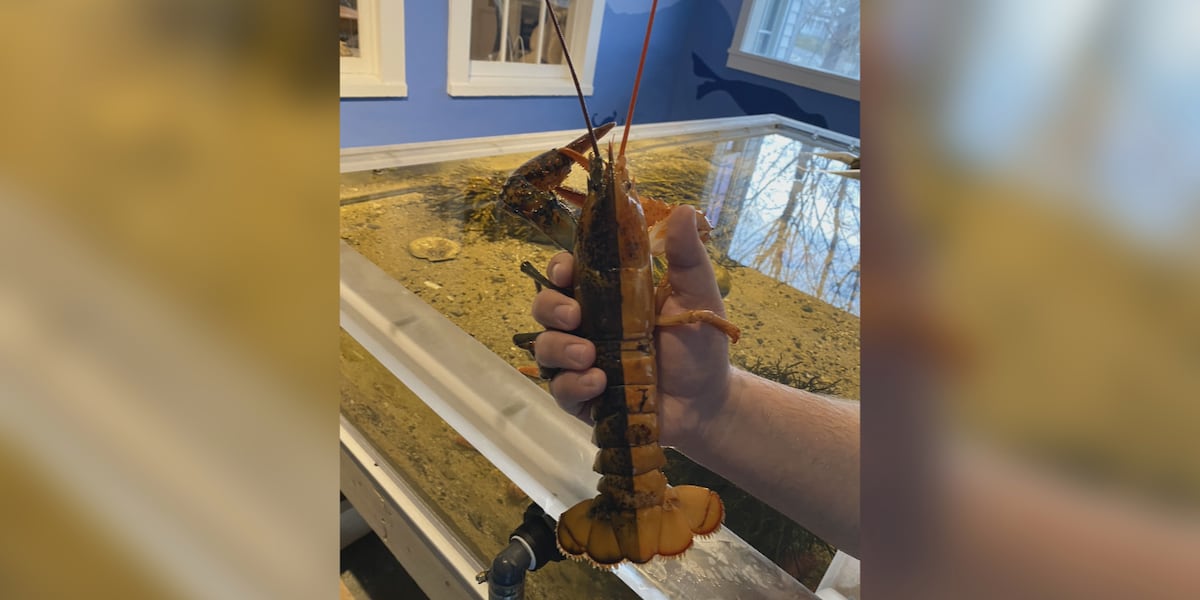
Hands-On Marine Science: Shaw Institute Unveils Cutting-Edge Touch Tank Experience
2025-04-15 21:44:06
Science
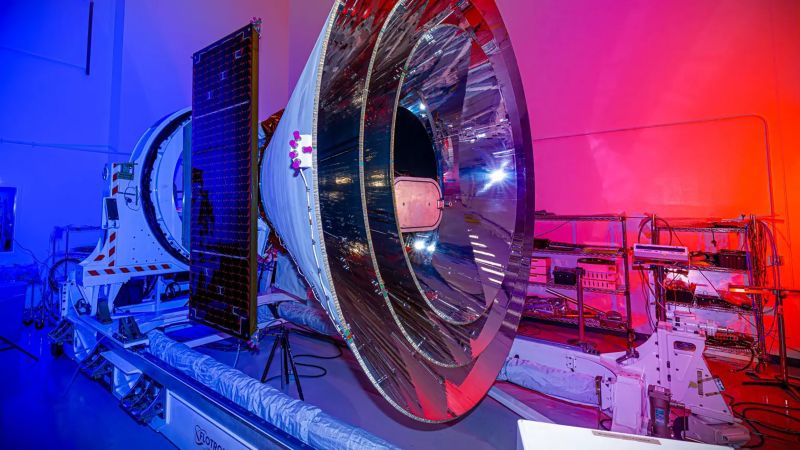
Cosmic Quest: NASA's Cutting-Edge Telescope Poised to Unveil Secrets of Life's Origins
2025-03-08 23:08:15
Science
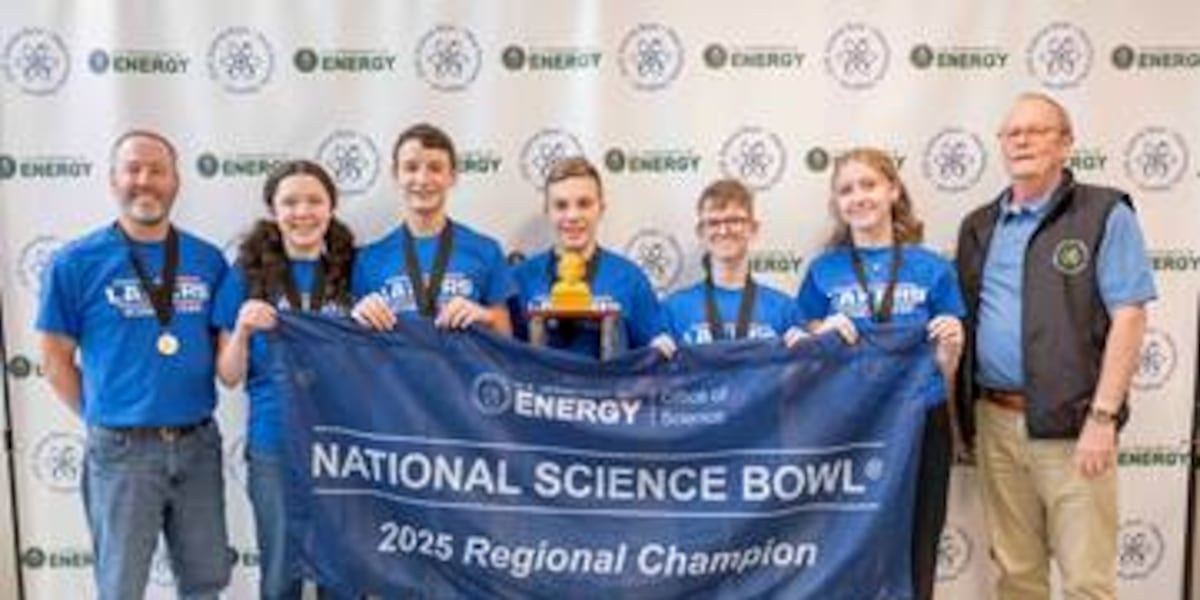
Science Showdown: Calloway County Teens Crush National Competition, Secure DOE Bowl Spot
2025-02-14 22:19:40



